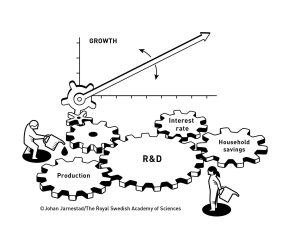
Can society ever escape the grip of the powerful? Discover how money, gender norms, and hidden hierarchies keep inequality alive.
End of Content.
Get the latest creative news from us about politics, business, sport and travel
End of Content.
This article is written by our in‑house editorial team, a group of skilled science communicators and subject‑matter experts dedicated to transforming complex research into clear, engaging stories.

This article is written by our in‑house editorial team, a group of skilled science communicators and subject‑matter experts dedicated to transforming complex research into clear, engaging stories.

Can society ever escape the grip of the powerful? Discover how money, gender norms, and hidden hierarchies keep inequality alive.

Looking for scholarships to fund your undergraduate studies? Discover top programs that cover everything and transform your academic journey.

What if every choice created a new universe? Quantum mechanics and the multiverse theory suggest reality may be more complex than we imagine.

What happens when science and morality collide? Discover how Oppenheimer’s creation changed the world and the scientist who lived with the consequences.

How did one of the world’s safest planes crash in 90 seconds? A closer look at the science, sensors, and split-second decisions behind.

AI-driven leadership is redefining influence where data meets empathy, and technology empowers smarter, more human decisions in modern organisations.

Can societies stay dynamic when old systems crumble? Discover how Nobel laureates explain the power of creative destruction in shaping modern economies.

The 2025 Nobel Peace Prize honours Venezuela’s unyielding defender of democracy, whose courage has rekindled hope amid authoritarian darkness.

Krasznahorkai’s world of ruin made luminous and ask can creativity outlive despair. His Nobel recognition resonates globally.

What if invisible materials could store hydrogen or trap pollutants? Meet the Nobel winners who built chemistry’s most powerful frameworks.